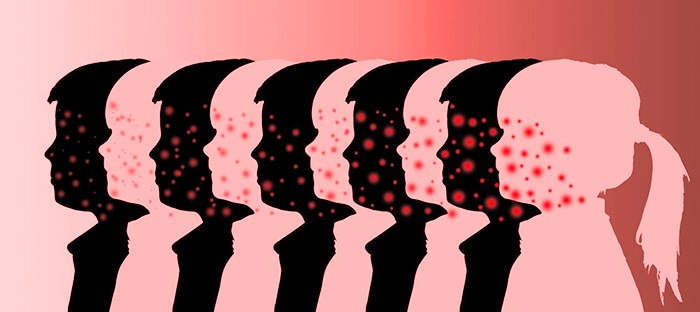
In part one of this blog series, we answered three questions parents are asking their physician's about child vaccinations. More and more parents are opting their children out of the regular vaccination schedule. "A study published by the American Academy of Pediatrics found that vaccine refusal by parents is on the rise. Pediatricians who had encountered at least one child patient with parents against vaccinations grew from 74.5 percent to 87 percent between 2006 and 2013 (1)." The last three questions below are some of the most defensive statements anti-vaxx parents are making on Facebook and in the doctors office. Pediatricians must be armed and ready to answer these questions with confidence.
“Vaccines aren’t worth the risk for adverse reaction.”
It is impossible for a child to get a disease from inactivated (killed) vaccines. The dead viruses and bacteria used to make inactivated vaccines can’t cause disease. Moreover, live vaccines may cause a very mild case of disease (common with measles or chickenpox rash, but only a few spots). This actually shows that the vaccine is working.
“Vaccines are unnatural. I don’t want all that junk going into my child’s body.”
Vaccines are not unnatural. The immune system produces immunity to vaccines the same way it would with a “natural” infection. The difference is that the child doesn’t have to suffer through the disease first to produce the immunity.
“Why do people care if I don’t vaccinate my child? If vaccines work, why should other parents worry?”
Although uncommon, vaccinated children could still get a vaccine preventable disease. It ranges from vaccine to vaccine, but approximately 1% - 5% of vaccinated children fail to develop immunity leaving them at risk for contracting preventable diseases (2). If these children come in contact with the disease they could get sick just like the unvaccinated child. This is why multiple doses are recommended to ensure effectiveness and protection.
In addition, unvaccinated children may spread disease to other individuals who are unable to receive the vaccines. Children too young to receive certain vaccines are at risk, as well immunocompromised children, as well as children allergic to vaccine ingredients (i.e. anaphylaxis to eggs). These children rely on other people around them to be vaccinated and disease free.
This is why many states opt for school immunization laws. Immunization laws are designed to protect public health. Vaccines protect the individual receiving them as well as those around them (97% of the time). If vaccines were not mandatory, fewer and fewer children would receive them, therefore, exposing them and others around them to preventable disease. Many of the vaccine preventable diseases are extremely contagious. Less vaccination means more outbreaks, and more outbreaks mean more complications and deaths due to these preventable diseases.
Conclusion
Many of the anti-vaccination parents are simply worried. It doesn’t help that they have little faith in some of the most credible sources when it comes to vaccine information. Websites and Facebook stories continue to instill fear. Clinicians must be ready to answer tough questions about vaccines, and why they are important not only to the health of the child, but to the health of the public.
Is your office storing and administering vaccines? Download The Ultimate Guide to Vaccine Storage be following the link below.
(1) Ridley, Jane. "I Was an Anti-vax Crackpot — until This Happened." New York Post. N.p., 20 Sept. 2016. Web. 21 Sept. 2016.
(2) Centers for Disease Control (CDC), World Health Organization (WHO)
Image Credit:




